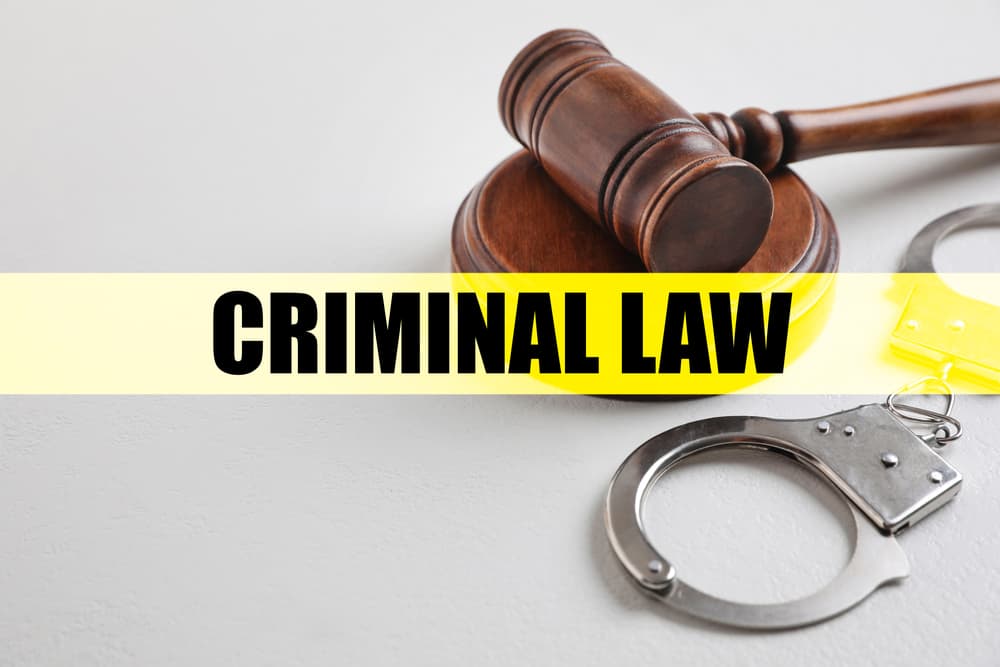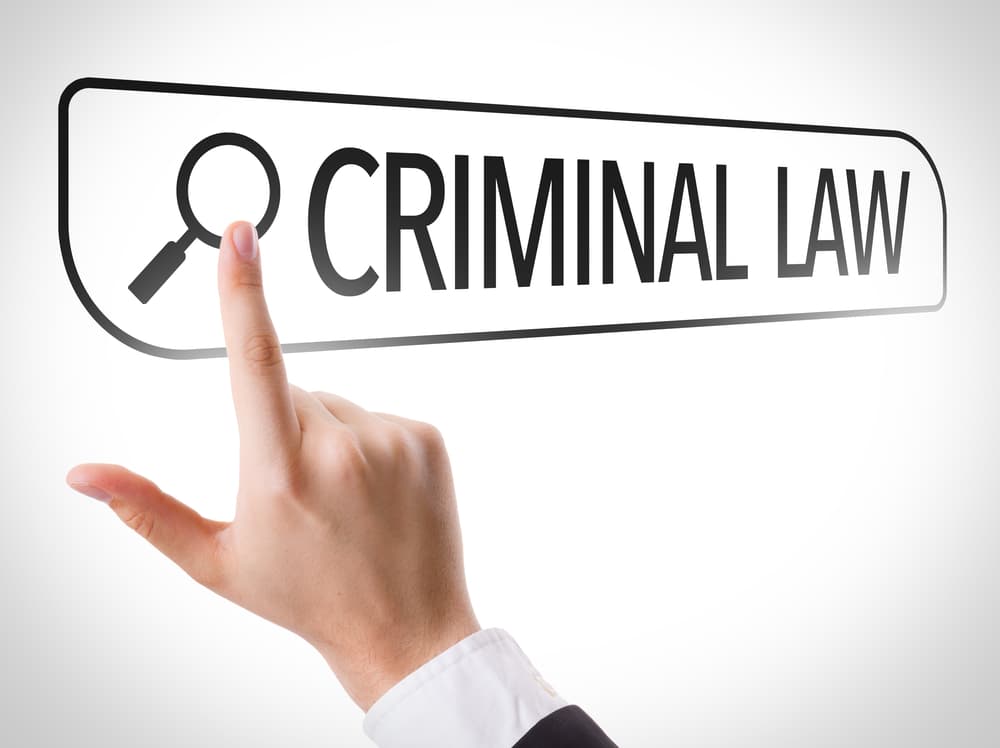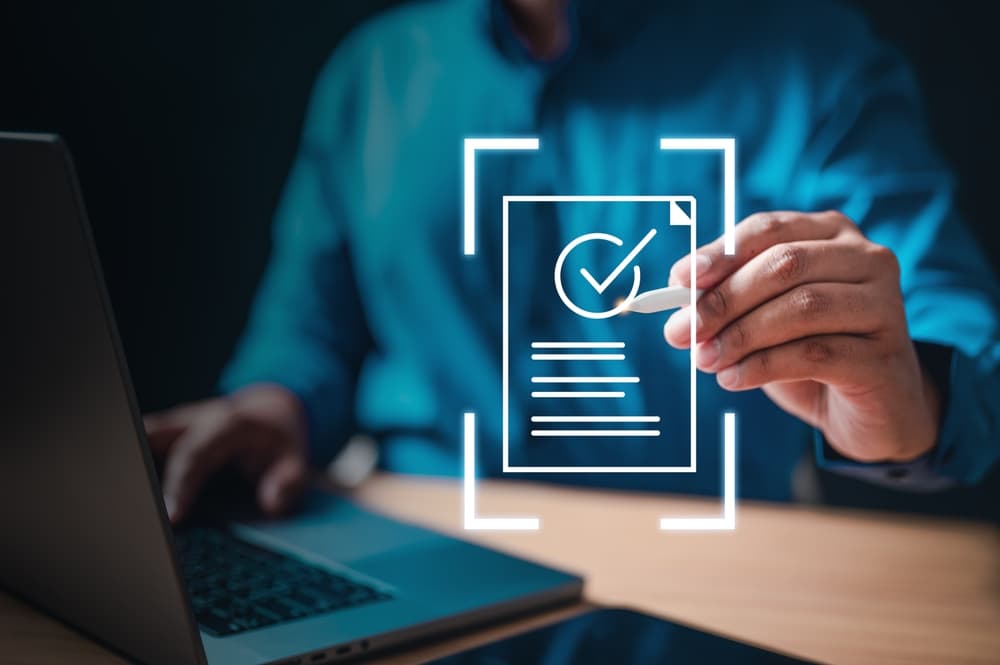When facing criminal charges, finding the right defense lawyer can make a significant difference in the outcome of your case. The legal system is complex. Therefore, having a skilled advocate by your side is necessary for your defense.
So, how do you find a criminal defense lawyer who will cover the specific needs of your defense?
Schedule Your Free Consultation
Understanding Your Needs: Factors to Consider

Before you begin your search for the right criminal defense lawyer for you, it’s essential to understand your specific needs and the factors of your case.
Nature of the Charges
Review the charges you’re facing. Criminal law covers several areas, so different lawyers handle different charges. Some include drug offenses, driving while impaired, white-collar crimes, or violent crimes.
The Severity of the Offense
Determine whether you’re facing misdemeanor or felony charges, as this will affect the type of lawyer you need.
Jurisdiction of the Proceedings
Know which court will be handling your case (state or federal), as this impacts the lawyer’s qualifications and experience needed. Where do they regularly try cases?
Timeline for your Lawyer Search
Understand any upcoming court dates or deadlines that might affect your search timeframe. You need to choose an attorney before you appear in court.
Financial Considerations
Assess your budget for legal representation, keeping in mind that quality defense lawyers often charge higher fees.
Starting Your Search: Where to Find Sources

Once you’ve identified your needs for a defense, you can begin your search for the best criminal defense lawyer for you. You can access several sources.
Referrals
Ask friends, family, or colleagues if they know reputable criminal defense attorneys. Personal recommendations can be valuable. However, remember that your case may need an attorney who is different from the one they recommend.
American and State Bar Associations
Contact your state or local bar association for referrals of criminal defense lawyers in your area.
Online Legal Directories
Use reputable online legal directories like Avvo, Martindale-Hubbell, or FindLaw to search for criminal defense attorneys in your locality.
Researching Lawyers: Creating a Checklist

After gathering information on, for instance, three attorneys, conduct some research on each lawyer.
Bar Standing
Again, verify the lawyer’s standing with your state bar association to ensure they’re licensed and haven’t faced disciplinary action.
Online Presence
You should review the lawyer’s website, blog posts, and social media profiles to gauge their experience and approach to criminal defense.
Case Results
Look for information about past case results, keeping in mind that every case is unique and past results don’t guarantee future success.
Client Reviews
Read client testimonials and reviews, but be aware that these accounts may not always present a complete picture.
Media Mentions
Search for news articles or press releases mentioning the lawyer’s involvement in notable cases.
Reviewing the Lawyer’s Experience
When assessing a criminal defense lawyer’s qualifications for your case, consider:
Years of Practice
The length of time an attorney has practiced criminal law can indicate their experience level and overall credibility.
Local Experience
Familiarity with local courts, judges, and prosecutors can be beneficial in navigating your case.
Trial Experience
If your case might go to trial, ensure the lawyer has substantial courtroom experience.
Continuing Education
Check if the lawyer regularly attends legal seminars or workshops to stay updated on changes in criminal law.
Scheduling an Initial Consultation
Most criminal defense lawyers offer free or low-cost initial consultations. Use these meetings to:
Discuss Your Case
Briefly overview your situation and listen to the lawyer’s initial thoughts.
Ask Questions
Prepare a list of questions about the lawyer’s experience, approach to your case, and possible results.
12 Key Questions to Ask
The following inquiries can help get your questions answered:
- How many cases similar to mine have you handled, and what were the outcomes?
- What percentage of your practice is devoted to criminal defense?
- How many cases have you handled similar to mine?
- Will you handle my case personally, or will other lawyers or staff be involved?
- What is your approach to plea bargaining versus going to trial?
- How often do you communicate with clients, and through what methods?
- Will you keep in contact with me daily?
- What do you see as the strengths and weaknesses of my case?
- Based on the factors of my case, what can I expect?
- How do you set up fees, and what payment options are available?
- Can you provide references from past clients or other attorneys, and can I call them?
- How will you approach my defense strategy?
Assess the Lawyer’s Communications Style
Evaluate how well the lawyer explains legal concepts and whether you feel comfortable talking to them.
Confirm the Fees: What Will You Have to Pay?
Criminal defense lawyers may use various fee structures, as follows:
- Hourly rates: You’re billed for the time spent on your case, often in six-minute increments.
- Flat fee: This fee represents a set amount for handling your entire case, often used for straightforward legal matters.
- Retainer fee: An upfront payment from which the lawyer deducts their fee as they work on your case.
- Sliding scale fees: Fees based on your income level, often offered by newer attorneys or when clients come from various backgrounds.
- Pro bono work: Free legal representation, typically for low-income clients or used in special public interest cases. Pro bono is translated from Latin - “For the public good.”
Ensure you understand what services are included in the fee and what additional costs you might incur (like expert witness fees or court costs), and get all fee agreements in writing.
What is the Attorney’s Level of Confidence?
While no lawyer can guarantee the outcome of a case, you do want a lawyer with a healthy level of confidence to handle your case.
After the Consultation: Making an Evaluation and Decision in 6 Steps
Once the face-to-face meeting is over with a criminal defense lawyer, take some time to reflect:
Review your notes
Go over the information you gathered during the consultation.
Assess your comfort level
Did you feel at ease with the lawyer? Could you see yourself working closely with them?
Evaluate the lawyer’s responsiveness
Did the lawyer answer your questions clearly and completely?
Compare two or three attorneys
If you consulted with multiple lawyers, how would you compare their responses or style of communicating?
Consider value
Weigh each lawyer’s experience, fees, and what you receive for the money.
Trust your instincts
Don’t bypass the feeling you get about an attorney. Use it to choose your legal advocate.
Remember, a face-to-face consultation allows you and an attorney to evaluate each other. Take your time, be thorough, and don’t hesitate to ask for clarification if you don’t understand something or are confused.
Your choice of attorney can significantly impact the outcome of your case, so it’s worth investing the time to make an informed decision.
Finding the best criminal defense lawyer for your case requires research and thoughtful decision-making skills. By understanding your needs, performing research, asking the right questions, and trusting your judgment, you can find an attorney who will provide the skilled representation you need.
Contact the Best Criminal Defense Lawyer for You: Schedule a Consultation Now
Use the above information to find the best criminal defense lawyer for you. Make sure they can communicate and follow up on your case regularly. Choose a lawyer who is well-versed in handling cases just like yours. Doing so will bring out the best results over time.
It’s time to take a proactive stance if you are still wondering, “Who is the best criminal defense lawyer for me?” Use the above information as a guide. Contact a criminal defense attorney now.